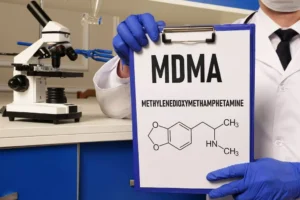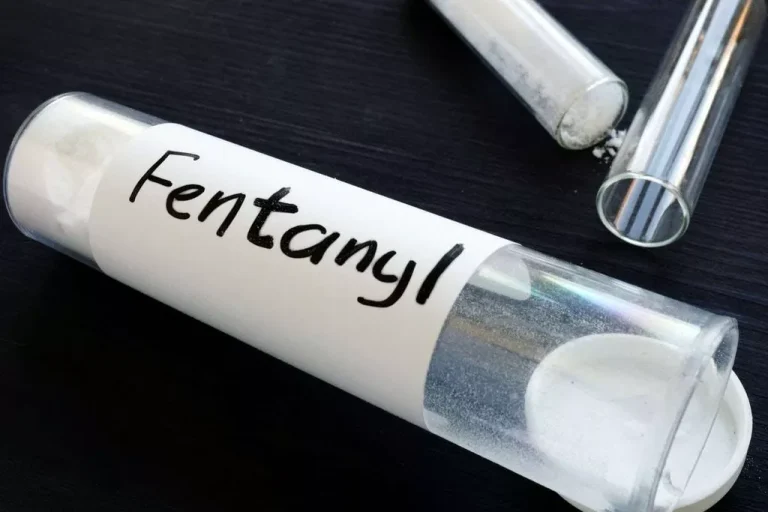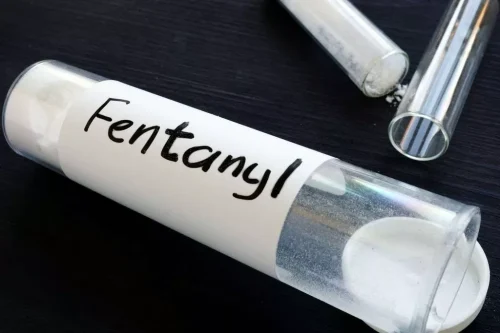
Narcissistic abuse syndrome is a non-medical term for feelings of anxiety, avoidance, and fear due to emotional abuse from someone with narcissistic personality disorder (NPD). If you or a loved one needs help for a substance use disorder and a co-occurring mental health disorder, you can find help for both at Chapters Recovery Center. We can provide a medically supervised detox (a necessity for alcohol withdrawal) and a range of outpatient programs, beginning with the most intensive partial hospitalization program (PHP).
- The takeaway is that the individual needs treatment to make significant changes in their life.
- For NPD, it may involve individual or group counseling using cognitive behavioral therapy, schema-focused therapy, and dialectical behavior therapy.
- Regardless, it’s always a good idea to look for mental health help if you’re experiencing something that causes you distress.
Where to Find a Support System
Supporting a loved one struggling with narcissism and alcoholism can be difficult, but it is important to approach the situation with compassion and understanding. Supporting them with emotional support and encouraging them to seek professional help can be effective ways to help them overcome their addiction and manage their narcissistic tendencies. Both narcissistic personality disorder and alcoholism are treatable conditions, but getting an alcoholic narcissist to accept help is notoriously difficult. Alcohol addiction may serve as a coping mechanism or defense against feelings of guilt, inadequacy, the alcoholic narcissist and low self-esteem. By dampening their emotional state, alcoholics can temporarily escape from their emotional disturbances, further reinforcing their narcissistic tendencies and self-absorbed behaviors. Drinking can also numb or mask the shame they feel, impairing their ability to empathize with others or form meaningful connections.

Condition Spotlight
Alcoholism is a chronic, progressive, complicated disease that is hallmarked by an unmanageable compulsion to drink alcohol. Regardless of consequences, an alcoholic will find a reason to drink, even if they have to make one up and deny the actual repercussions. An alcoholic can exhibit symptoms of Narcissistic Personality Disorder (NPD), but usually not enough to be diagnosed. When AUD and NPD occur together, it can increase a person’s hostility and aggression. This can make treatment more challenging than it would be to treat each issue separately.
Diagnosing narcissistic personality disorder
In this article, I want to explore the relationship between narcissists and alcohol, examining why they drink and how alcohol affects their behavior. When someone is deep in an alcohol addiction, they become very self-absorbed. To friends, family, and even coworkers, it can seem as though the alcoholic will sacrifice everything to be able to drink. Narcissism and alcoholism are two distinct conditions but share some traits. If you think you have NPD, try to make an appointment with a mental health professional. You can connect with a mental health professional using the Healthline FindCare tool.
Narcissistic personality disorder affects all areas of life, and can harm a person’s physical and mental health and lead to problems in social and work relationships. This is particularly true with NPD and alcoholism which have symptoms that overlap and often affect each other. This makes it hard to tell if the root problem is narcissism or alcoholism. An alcoholic narcissist, or someone with narcissistic personality disorder, is one of many conditions that can co-occur with alcoholism, or alcohol use disorder (AUD). But, AUD can cause some people to develop narcissistic characteristics.
- By working with a professional therapist or engaging with a 12-step program, you can develop self-awareness and start to break down those barriers that prevent you from addressing your alcohol-related issues.
- The outlook is even better in people with mental illness who misuse alcohol and other substances.
- People with AUD may be unable to reduce or stop drinking despite experiencing the negative effects of alcohol or a desire to quit.
- If you think you have either or both conditions, it’s best to talk with a mental health professional for a diagnosis.
- Additionally, alcohol addiction can lead to unpredictable behavior and emotional instability.
A partner using narcissistic manipulation might respond with extreme anger. They may respond with accusations of their own and redirect blame, saying things that are intended to hurt and belittle you. A key characteristic of narcissism is difficulty taking responsibility for any negative actions or harmful behavior. “Hoovering,” as it’s often called, tends to work better when you lack support.

Charitable Care & Financial Assistance

With AUD, a person’s behavior may change depending on whether they are sober or not. An individual with NPD will display a consistent pattern of narcissistic behavior. Both conditions may influence the other, and some symptoms or behaviors of each condition can overlap. To find another treatment program, browse the top-rated addiction treatment facilities in each state by visiting our homepage, or by viewing the SAMHSA Treatment Services Locator. Beginning down the road to recovery from alcohol or drug addiction may feel overwhelming, but that is where we can offer some assistance.
narcissism and alcoholism: When 2 Evils Meet
- Methods such as cognitive behavioral therapy, dialectical behavior therapy, and schema therapy can be helpful to address the similarities and differences between the two conditions.
- Lastly, vulnerable narcissism was a significant predictor of problem expectations.
- Once you end the relationship or get distance from a narcissistic parent, you promise yourself you won’t answer their calls and texts or see them at all.
- Engaging in support systems can bolster one’s resolve during recovery.
They tend to display more passive-aggressive behaviors, self-pity, and a victim mentality. When a narcissist gets drunk, the situation can quickly deteriorate as their grandiose behavior becomes increasingly exaggerated. People with AUD may have self-awareness of their condition and a desire to change. However, some with NPD may not be aware of how their behavior affects others. Addiction Resource aims to provide only the most current, accurate information in regards to addiction and addiction treatment, which means we only reference the most credible sources available. Many of the symptoms of NPD are thought to be the result of a sensitive or vulnerable ego.
How do Narcissists Act When They Drink?
Alcoholic narcissists may struggle to maintain healthy interactions with others due to their excessive need for admiration and entitlement. Alcohol addiction exacerbates these traits and further impairs their rational thinking and self-awareness, making them prone to aggressive behaviors. These traits can put a significant strain on personal and professional relationships, potentially leading to isolation for the alcoholic narcissist. Recognizing these characteristics and understanding the interplay between narcissism and alcoholism is critical for anyone seeking to support or treat someone struggling with these co-occurring conditions. Narcissistic personality disorder is a mental illness characterized by an inflated sense of self-importance, lack of empathy, and a constant need for admiration.
People with narcissistic personality disorder may not want to think that anything could be wrong, so they usually don’t seek treatment. If they do seek treatment, it’s more likely to be for symptoms of depression, drug or alcohol misuse, or another mental health problem. What they view as insults to self-esteem may make it difficult to accept and follow through with treatment. Narcissism Drug rehabilitation is a personality feature that can be part of narcissistic personality disorder (NPD) in some people, and alcoholism is a substance use disorder (SUD). Narcissists can become alcoholics, and alcoholics can be especially narcissistic when they drink.
![]()

